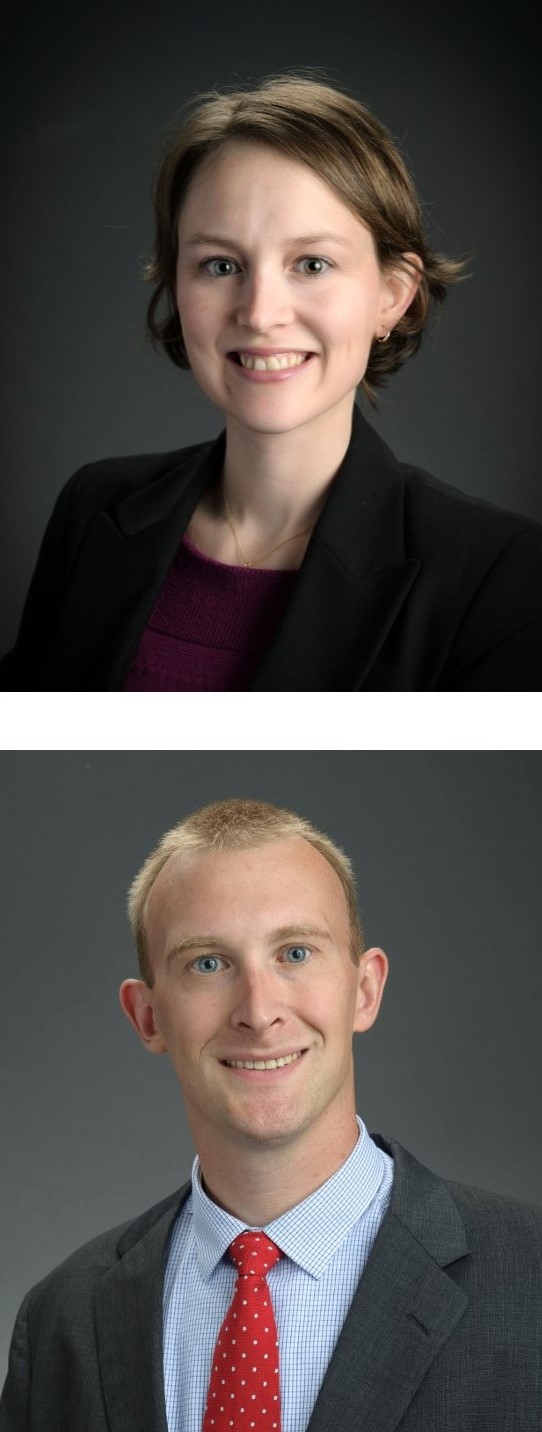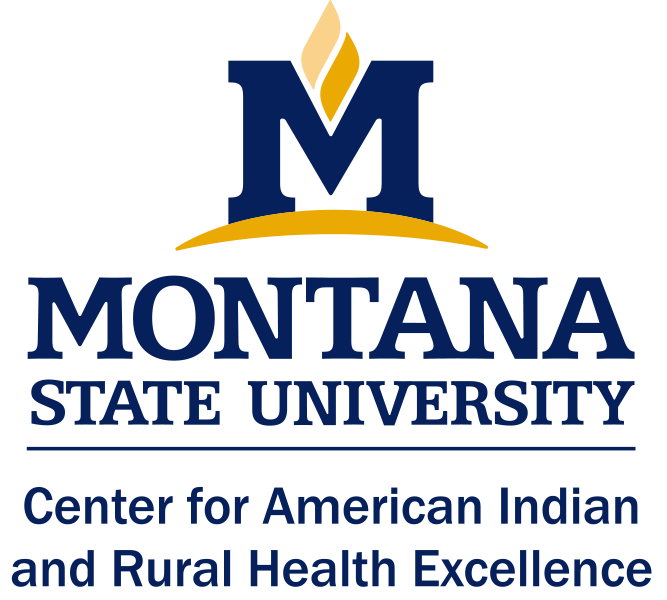Multi-Criteria Evaluation of Efficiency, Access, and Outcomes at Health Centers
2017–2019


Maggie Thorsen, Ph.D., MSU Department of
Sociology and Anthropology,
and Andreas Thorsen, Ph.D., MSU Jake Jabs
College of Business & Entrepreneurship
[email protected]
[email protected]
Federally qualified health centers (FQHCs) deliver comprehensive health services to medically underserved and uninsured populations, providing an organizational structure to address widespread health disparities in rural and urban areas. FQHCs have been shown to improve pregnancy-related health outcomes (e.g., lower infant mortality rate and lower percentage of babies born at low birth weight), and they are linked with greater access to prenatal care in the first trimester compared to communities not served by FQHCs.
Evidence of growing health inequalities in the United States underscores the critical importance of FQHCs for improving health outcomes and equity. However, while FQHCs generally target disadvantaged and underserved populations who are at a higher risk for poor health, there is considerable variation across FQHCs in terms of the populations they serve and the environments in which they are located. For example, an FQHC serving low-income patients in rural Montana may face different challenges than an FQHC in New York City. A careful consideration of how demographic, contextual, and operational characteristics vary across these health centers may provide insight into the unique challenges facing FQHCs, as well as the persistence of health inequalities among the patients served by them.
This project improved understanding of how variation across FQHCs impacts efficiency and patient health outcomes, and it developed models to better understand the strengths and challenges facing Montana’s integrated healthcare system. This understanding will enable the researchers to provide policy recommendations for improving health and reducing disparities in Montana. The study adopted an innovative interdisciplinary approach to examine critical health inequalities in a rural, resource-constrained context.
Specifically, this project addressed two interrelated aims:
- Aim 1: To develop typologies of FQHCs based on sociodemographic characteristics of their patient population and regional setting, examining differences within and between typologies in terms of efficiency, quality of care, and pregnancy-related health outcomes and disparities.
- Aim 2: To conduct a systematic analysis of pregnancy-related healthcare facility location in Montana. By disseminating findings to policymakers and community members, this project will elucidate the unique challenges facing rural and medically underserved communities to address health disparities.
As the next step in this research, Dr. Andreas Thorsen will lead a CAIRHE research project, beginning in September 2019, titled Modeling Rural Perinatal Health Outcomes and Service Systems to Improve Health Equity. Dr. Maggie Thorsen will serve as co-investigator on that study.
Related Publications and Presentations (Selected)
McGarvey, R. G., Thorsen, A., Thorsen, M. L., & Reddy, R. M. Measuring efficiency of community health centers: A multi-model approach considering quality of care and heterogeneous operating environments. Health Care Manag Sci. Forthcoming.
Thorsen, A., & McGarvey, R. (2017). Efficient Frontiers in a Frontier State: Viability of Mobile Dentistry Services in Rural Areas, European Journal of Operational Research, DOI 10.1016/j.ejor.2017.07.062.
Thorsen, A., Thorsen, M. L., Mahdi Reddy, R., & McGarvey, R. Addressing Health Disparities at U.S. Community Health Centers: A Focus on Pregnancy-related Health Outcomes. Invited research presentation, INFORMS Annual Meeting. October 22-25, 2017. Houston, TX.
Thorsen, A., McGarvey, R., Madhi Reddy, R., & Thorsen, M. L. Multi-Criteria Evaluation of Systematic Issues at U.S. Health Centers. Research presentation, Industrial & Systems Engineering Research Conference. May 20-23, 2017. Pittsburgh, PA.
Thorsen, A., & McGarvey, R. Mobile dentistry network design: Improving dental care access for under-served populations in rural regions. Invited research presentation, INFORMS Annual Meeting. November 13-16, 2016. Nashville, TN.
Investigator Spotlight
“Population health inequalities are impacted by how well our healthcare system delivers services to all people,” Dr. Maggie Thorsen says. “We feel that there are many complex problems facing our healthcare system that require solutions from multiple disciplines.”
As an interdisciplinary research team, Drs. Maggie and Andreas Thorsen approach this health service research project from complimentary angles. Maggie Thorsen is a social demographer whose research focuses on risk and protective factors impacting the health of families. As a demographer and sociologist, she studies how both individual- and institutional-level factors can impact the health and well-being of populations.
Andreas Thorsen comes from an industrial engineering background, and his research applies operations research methods to address problems facing public and not-for-profit organizations. Many issues facing such organizations can be considered resource management problems, which he models and solves using mathematical optimization methods. Using data on the populations served by FQHCs and the organizations themselves, the Thorsens are able to marry their research interests to study both the sociodemographic and operational aspects of complex healthcare problems.

